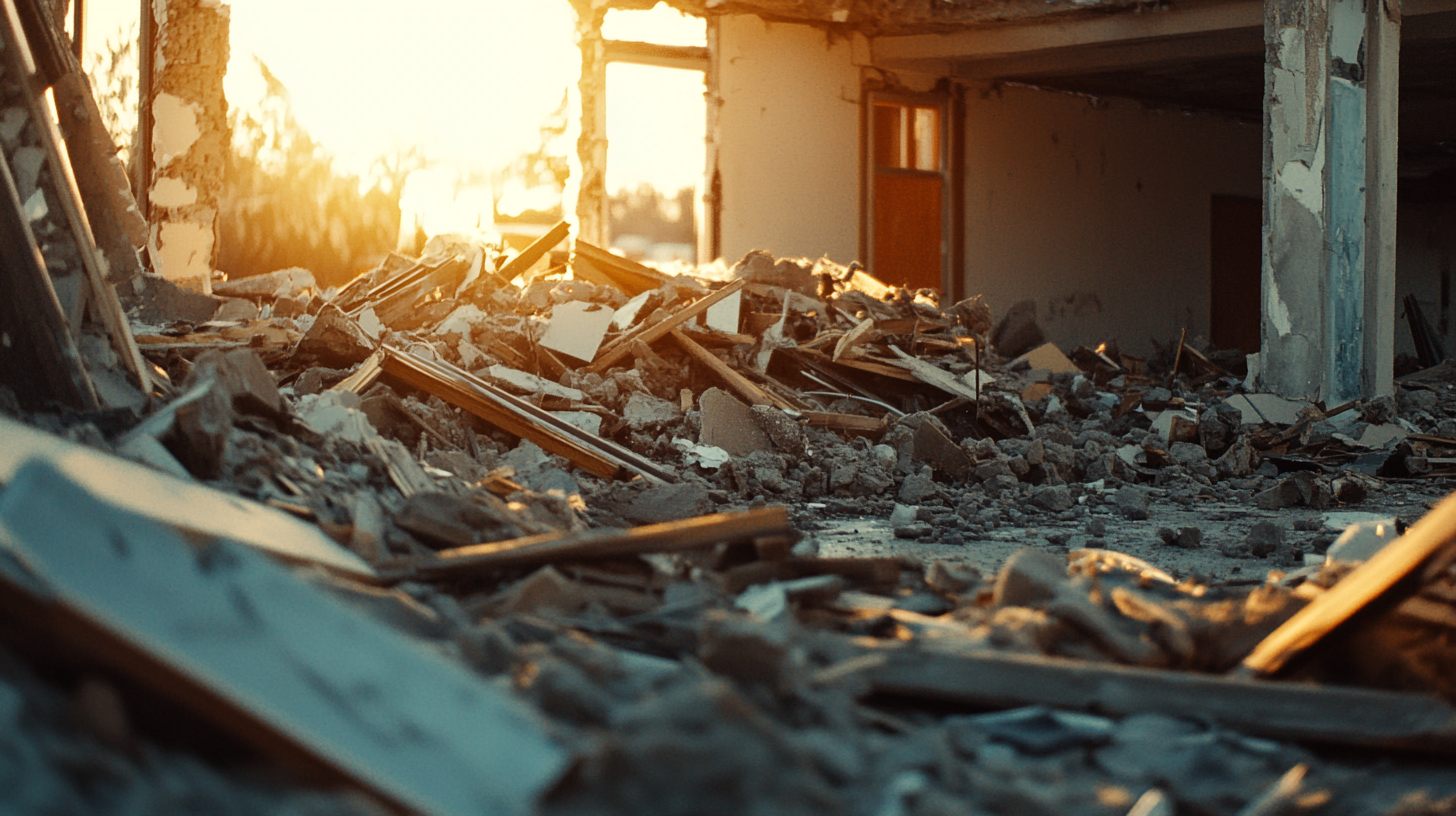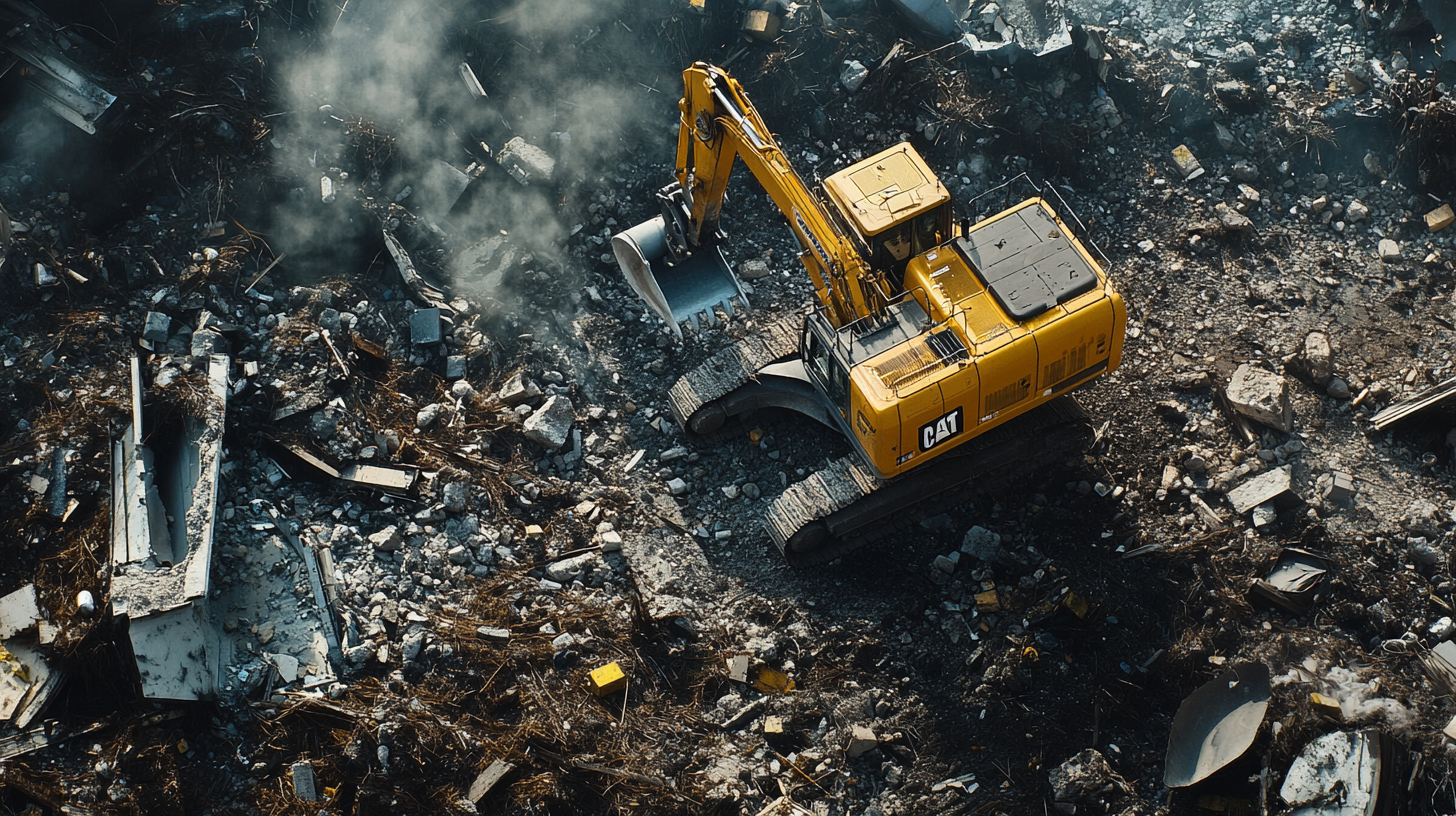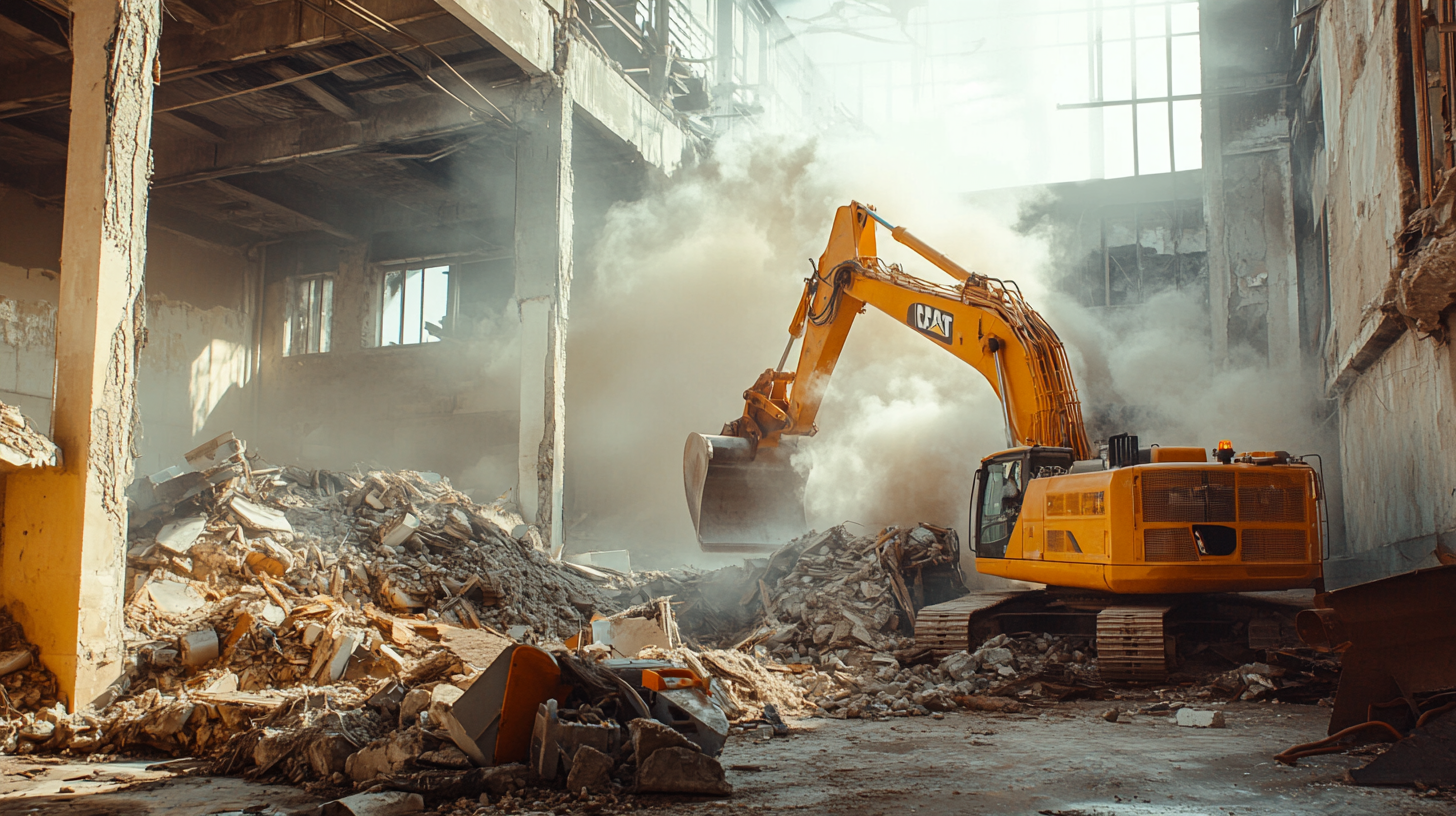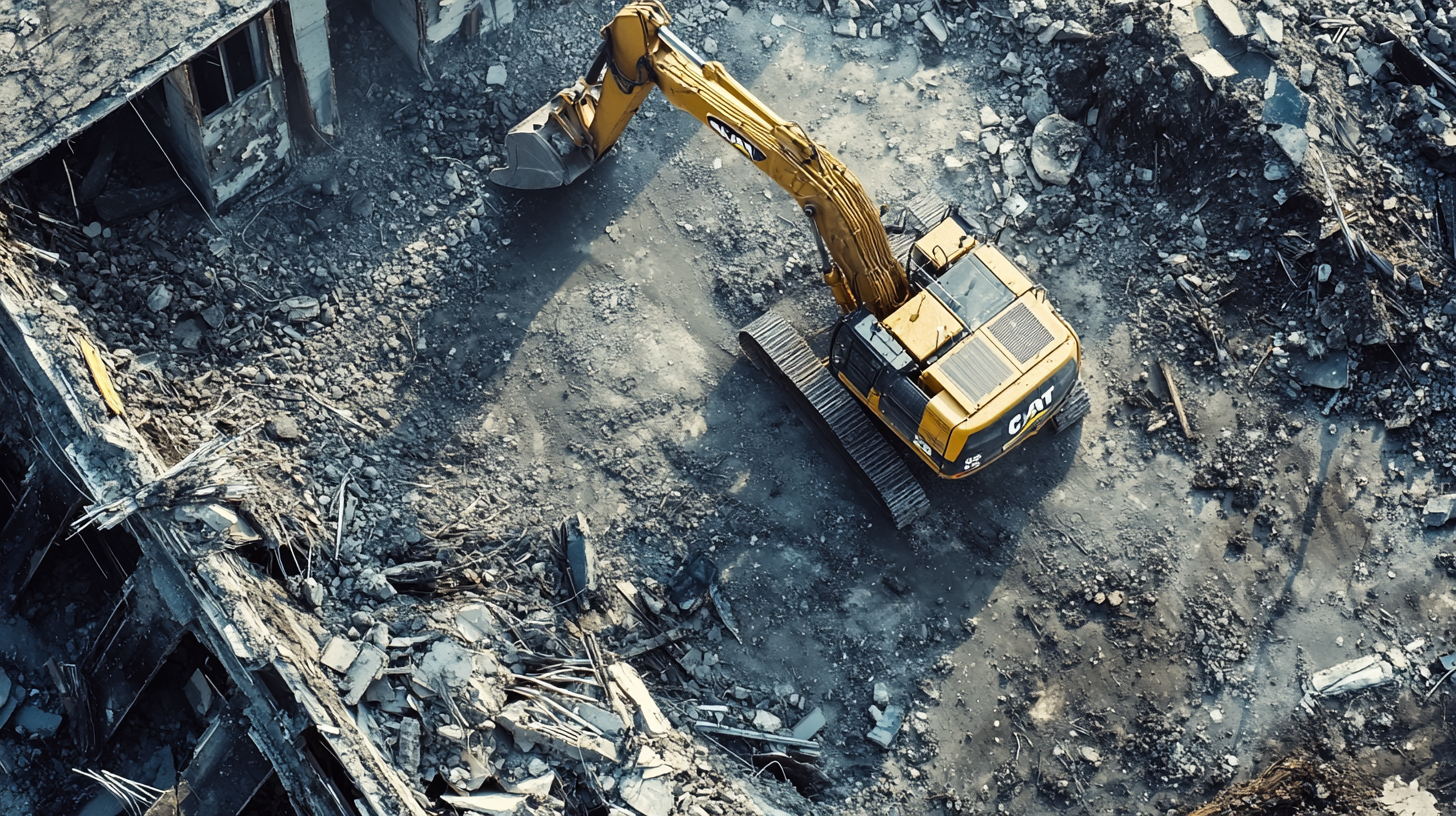The many benefits of installing a french drain in your basement
January 18, 2023
What is a french drain and how does it work?
How does a french drain work?
What are the benefits of installing a french drain in my basement?
Lower Risk of Flooding
Easier Maintenance
Money Savings
Why should I hire an expert to install a french drain in my basement?
Efficiency and Peace of Mind
Timely Installation Process
Conclusion
Contact Bull City Crawlspace Today!
Bull City Crawlspace will do everything we can to ensure your experience with us is excellent.
Request A FREE Estimate
Request a Free Estimate Form
Checkout Recent Post

When managing debris, deciding between recycling and disposal is a critical step that impacts both the environment and practical logistics. Recycling helps conserve resources and reduce landfill waste by repurposing materials like metal, plastic, and organic debris. On the other hand, disposal is often necessary for items that cannot be reused or safely recycled, such as hazardous materials or damaged goods. This decision holds significant importance for property owners, municipalities, and businesses alike. From an environmental perspective, recycling reduces pollution and supports sustainability efforts. Practically, it can lower disposal costs and help comply with local waste management regulations. Understanding the differences between recycling and disposal ensures that debris is handled responsibly, minimizing harm to the environment while addressing the unique needs of each situation. This blog explores the importance of choosing the appropriate method for managing debris and offers insights into how to make environmentally sound and practical decisions for effective waste management.

Debris removal is a universal need, but the challenges and strategies can vary greatly depending on the environment. Urban and rural settings present distinct obstacles due to differences in population density, infrastructure, and types of debris commonly encountered. Recognizing these differences is essential for developing effective debris management plans tailored to each context. In urban environments, high population density often leads to a faster accumulation of household waste, construction debris, and litter. Limited space and strict municipal regulations can make debris removal a logistical challenge. Conversely, rural areas face their own unique hurdles, such as managing natural debris like fallen branches and vegetation over larger properties, often with fewer waste disposal services available. This blog explores the contrasting challenges of debris removal in urban and rural settings, shedding light on how these environments shape debris management needs and practices. Understanding these distinctions helps property owners, municipalities, and service providers address debris removal more effectively, ensuring cleaner, safer communities.

Debris is an all-encompassing term that refers to scattered fragments or waste, often resulting from human activities or natural occurrences. It can take many forms, from the everyday accumulation of household waste to the large-scale aftermath of natural disasters. This blog delves into the diverse origins of debris and its impact, offering insight into the importance of effective management. Household waste, including discarded packaging, yard clippings, and leftover construction materials, is one of the most common sources of debris. Similarly, urban and industrial activities generate debris in the form of litter, scrap, and demolition materials. On a larger scale, natural disasters like storms, floods, and earthquakes leave behind significant debris, ranging from fallen trees and uprooted vegetation to damaged infrastructure. By exploring the various sources of debris, we gain a deeper understanding of the challenges it presents and the necessity for structured removal and disposal strategies. Whether managing everyday waste or responding to catastrophic events, addressing debris effectively is essential for maintaining clean, safe, and sustainable environments.

Maintaining cleanliness and safety in residential, commercial, and public spaces requires a proactive approach to debris management. However, the frequency of debris removal is far from uniform and is influenced by a variety of dynamic factors. From environmental and weather-related conditions to regulatory requirements and population density, these factors play a significant role in determining how often debris needs to be cleared to ensure functional, safe, and aesthetically pleasing spaces. This blog explores the key elements that impact the scheduling and urgency of debris removal. Whether it’s the aftermath of a natural disaster, seasonal changes, or urban development projects, understanding these influences helps homeowners, businesses, and municipalities plan and implement effective debris management strategies. By delving into these aspects, we aim to provide a comprehensive perspective on how debris removal frequency is shaped, promoting better decision-making and sustainable practices for cleaner communities.
Got a Question? We’re Here to Help.
You can arrange an appointment or make an enquiry by phone or email, orget in touch to us via our contact form.

